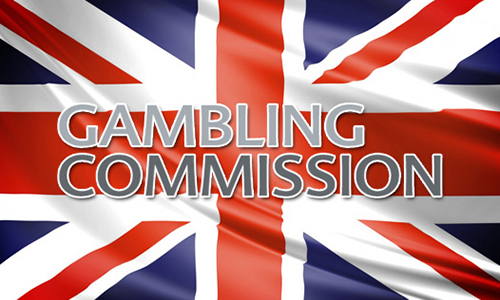UKGC Chief Urges Gaming Operators to Focus on Customers
To quote Jimmy DiMeo from the ABC comedy Speechless, “Uh, you think?”
In one of the most obvious statements in the history of business, the UK Gambling Commission’s (UKGC) chief executive Sarah Harrison told online gambling operators at the Raising Standards Conference that they need to put customers first.
Her words, transcribed by igamingbusiness.com:
You need to step up the pace of change in how you handle customer complaints; ensure advertising is clear; simplify terms and conditions; develop your risk management strategies on money laundering; evaluate the impact of social responsibility initiatives – and, working across all these areas, in how you do more to share best practice… don’t wait for a crisis to happen that shakes the very foundation of customers’ trust in your industry.
Act now and demonstrate to consumers that your interest in their needs is genuine.
One of the principles in the Commission’s existing statement for licensing and regulation is a preference for pursuing compliance through means that stop short of a licence review, in favour of a regulatory settlement; we propose to remove this bias in favour of settlement.
We will put access to all tools, including licence review – both of the operator and personal management licences – on an equal footing.
Put simply we will use the right tool for the job.
Harrison also said, “In addition, we will propose changes to our statement on financial penalties with the likelihood of higher penalties going forward, in particular where we see systemic and repeated failings.”
That statement on financial penalties, dated September 2009, can be found on the UKGC’s website. In considering whether or not to impose any sort of penalty at all, the UKGC looks at how serious the violation of regulatory rules was, whether or not the operator knew of the violation (or should have known), and whether or not the licensee would actually be able to pay a penalty.
The goal of such financial penalties is pretty much what one would expect: to change the licensee’s behavior, to cancel out any financial gain that may have come from violating regulations, and to deter future transgressions.
The UKGC does not always dole out financial penalties. If the violation wasn’t really that big of a deal, if the violation was an honest, unforeseeable mistake by the licensee, or if the UKGC simply feels that a different action is appropriate, it may opt to not hit an operator with fines.
Harrison said that higher penalties in the future might be considered. Here is the UKGC’s criteria for setting the amount of the penalty:
Although the Act does not set a limit for a financial penalty, a penalty will be set at a level which the Commission considers to be proportionate to the breach and will take into account the financial situation of the licensee, including the ability to pay. The Commission will also take into account all the other circumstances of the case, which may include (the list is not exhaustive):
• the impact on the licensing objectives
• whether there has been a repeated breach or failure
• whether the breach continued after the licensee became aware of it
• the scale of the breach of a licence condition across the licensed entity
• the involvement of senior management
• the level of any attempt to make financial gain from the breach
• the extent of any attempt to conceal the failure or breach
• the impact on customers
• the absence of internal controls or procedures intended to prevent the breach
• the duration of the breach
• the extent of steps taken to remedy the breach
• reporting the breach to the Commission
• co-operation with any investigation undertaken by the Commission.
Back to Harrison’s original message, while I did mock it a bit, taking care of customers first is something all companies should do — not just because it is the right thing to do, but also because it is good for business. In college, I did a project involving Merck, the pharmaceutical company. A quote by one of the company’s original presidents, George Merck, stuck with me:
“We try never to forget that medicine is for the people. It is not for the profits. The profits follow, and if we have remembered that, they have never failed to appear. The better we have remembered it, the larger they have been.”
Of course, it is not always that simple, but provided the business on the whole is run properly, if you make your customers happy, you’ll make money. In the last few years, poker rooms have transitioned to being more recreational-player oriented, which often seems like they are more customer-focused, but that is not necessarily the case. I appreciate rec-player models and think that, in general, they are the way to go, but online poker rooms still need to make sure they are truly listening to their players and taking steps to help them enjoy their time at the tables, rather than just implementing policies and features that are superficially rec-friendly and make management feel good about themselves.



















COMMENTS